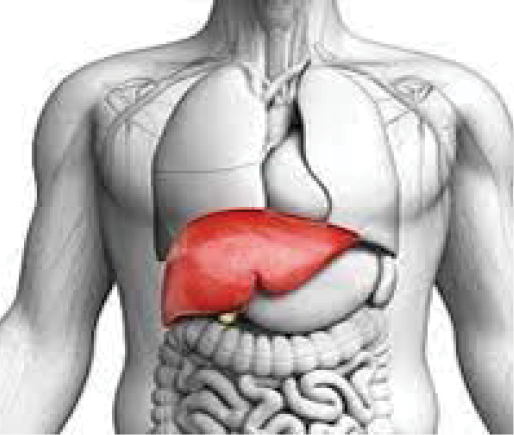Please permit me a space to ask about a problem called Ascites, which according to our medical doctor, our late aunty had suffered from and it was as a result of liver problem that she had. Kindly share simple information on this.
Catherine V
Thanks for your question Catherine and may the soul of your Aunty rest in peace. Let me explain that the organs of the abdomen (tummy) are contained in a sac called the peritoneum. Normally the peritoneal cavity contains no fluid, although in women a small amount of about 20ml is found. Ascites is the term used to denote a fluid collection in the peritoneal cavity, a situation that is not normal.
There are a variety of diseases that can cause the fluid to accumulate and the reasons that the ascites occurs may be different for each disease;
• Cancer that spreads to the peritoneum can cause direct leakage of fluid, while other illnesses cause an excess accumulation of water and sodium in the body. This fluid can eventually leak into the peritoneal cavity.
• Most commonly, ascites is due to liver diseases and the inability of the liver to produce enough protein to retain fluid in the bloodstream. Normally, water is held in the bloodstream by oncotic pressure. The pull of proteins keeps water molecules from leaking out of the capillary blood vessels into surrounding tissues.
• As liver disease advances, its ability to manufacture proteins is decreased, so oncotic pressure decreases because of lack of total protein in the body, and water leaks into surrounding tissues.
• Cirrhosis is a form of liver failure in which liver tissue that is damaged are replaced by scar tissue. As more liver tissue is lost, the condition progress to liver failure.
• Acute liver failure can result in ascites. This may be due to any acute injury to liver cells including adverse reactions to medications or drug abuse.
• Budd-Chiari syndrome is caused by the blockage of the hepatic veins (those that drain the liver).
Other causes of ascites may include:
1. Heart failure, which is the inability of the heart muscle to adequately pump the fluid within the blood vessels. This can cause a variety of problems, but most notably, fluid backs up into the lungs and other organs causing them to fail. This water overload can cause leakage into the peritoneal cavity and the formation of ascites.
2. Nephrotic syndrome, in which kidney damage causes protein to leak into the urine, decreases oncotic pressure and may result in ascites.
3. Direct irritation of the peritoneum can cause it to leak fluid as part of the inflammation process. This irritation may be due to a malignancy (cancer) or infection.
Symptoms of Ascites are;
1. There is a distinction between patients who develop ascites because of liver disease and cirrhosis, and those who develop it because of inflammation of the peritoneum because of cancer. Liver disease tends to be relatively painless, while cancer patients experience significant amounts of pain. Otherwise, the symptoms are similar.
2. Swelling of the abdomen which accommodate more fluid. This may make it difficult for the diaphragm (the flat muscle that separates the chest form the abdomen) to assist with breathing, causing shortness of the breath.
3. While a tense abdomen filled with fluid is easy to recognize, initially, the amount of ascites fluid may be small and difficult to detect. As the amount of fluid increases, the patient may complain of a fullness or heaviness in the abdomen. It is often the signs of the underlying disease that initially brings the patient to seek medical care.
4. In cirrhosis of the liver, not only does fluid accumulate in the abdominal cavity, but there may be leg swelling, easy bruising, enlargement of the breasts, and confusion.
5. If the ascites is due to heart failure, there may be shortness of breath as well as leg swelling (edema).
Some Treatment options;
• Be taking a low-sodium diet.
• If diet is ineffective, people are usually also given drugs called diuretics. Diuretics make the kidneys excrete more sodium and water into the urine so people urinate more.
• Curing or managing the disease causing ascites.
• Limit fluid intake and avoiding alcohol

 Join Daily Trust WhatsApp Community For Quick Access To News and Happenings Around You.
Join Daily Trust WhatsApp Community For Quick Access To News and Happenings Around You.



